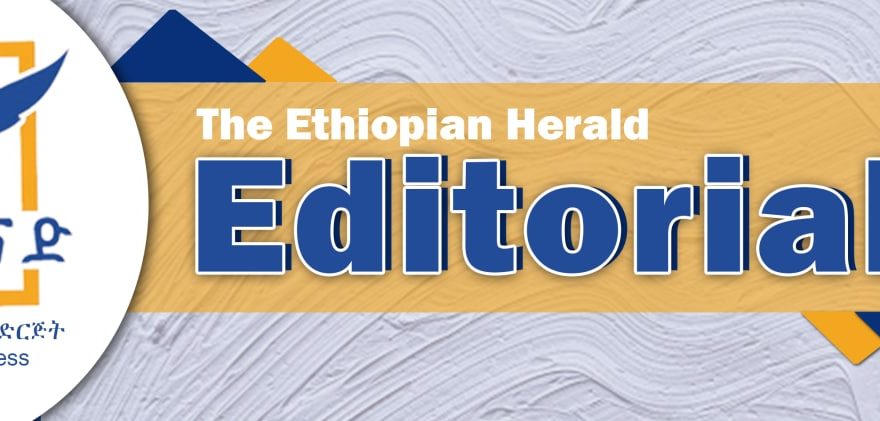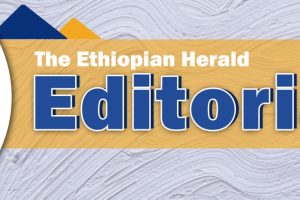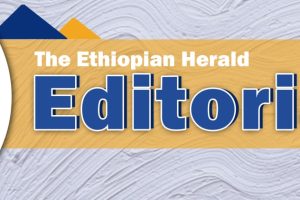
Prime Minister Abiy Ahmed (PhD) has been engaging in a series of discussions with representatives from various professional sectors, including teachers, physicians and business leaders. Most recently, he held talks with representatives from both state-run and private media outlets.
Ethiopia is a country with ethnic and religious diversity. To appropriately manage the interests of the diverse people building a democratic system is more preferable. In a democratic system that functions well through the conventional principles, people can express their wishes, ideas and grievances so that they can get peaceful and legal means to address them.
In this regard, professional and ethical media plays a significant role. The experiences of countries that advanced economically and in their democratic system show that the role of a developed and responsible media is immense.
Ethiopia has also been working towards empowering its media ecosystem. Especially over the last three decades efforts were made to put in place a system where both the government and the private sector expand their media engagement.
Accordingly, the government has been able to run both electronic and print media at federal and regional levels as there are a number of TV and Radio Stations as well as newspapers published at different levels.
In the private sector too, there had many surges in terms of their numbers and activities. For instance, following the downfall of the Derg regime in the early 1990s close to a hundred private newspapers and magazines had flourished in the country. Even though their number mushroomed, their role in the justice and democratic system of the nations was not that high as most of them were commercially motivated, lacked objectivity, professionalism and quality among others.
As a result when the government came up with strict legislation to regulate their operation as well as the media environment faced challenges of financing due to the increase in electronic and digital media, most of them could not survive.
Currently, few of the long serving print media and scores of private radio and TV stations that managed to adapt the existing economic dynamics and media ecosystem are operating in the country. Coupled with the state run print and electronic media it is possible to argue that the country has somehow opened up a good space for the operation of the private and independent media.
However, the issue of objectivity, professionalism, ethics and legal responsibility, among others are inevitable saga between the government and media. Indeed both sides usually poke fingers at each other because of such issues.
The government’s move to hold dialogue with leadership of the state and private media is a milestone to explore the role of the media in the national activities. The media needs both support from the government as well as due regulatory measures so that it can perform in accordance with the principles and ethics of journalism as well as with due respect to the laws of the country, and the moral standards of the target audience.
As Prime Minister Abiy indicated, during the discussion, the government is ready to support both the public and the private media so that they can do their best to the needs and interests of the nation and the people. The media should also take advantage of this commitment of the government bolster their professional and technical capacity to deliver the best service expected of them.
As such, the government and the media are inalienable role players that always need each other in spite of any incident that might cause friction. The forum that the government also needs to be lauded as it can clear up any misunderstanding between the two and bring them together to collaborate for shared causes.
THE ETHIOPIAN HERALD THURSDAY 26 JUNE 2025



